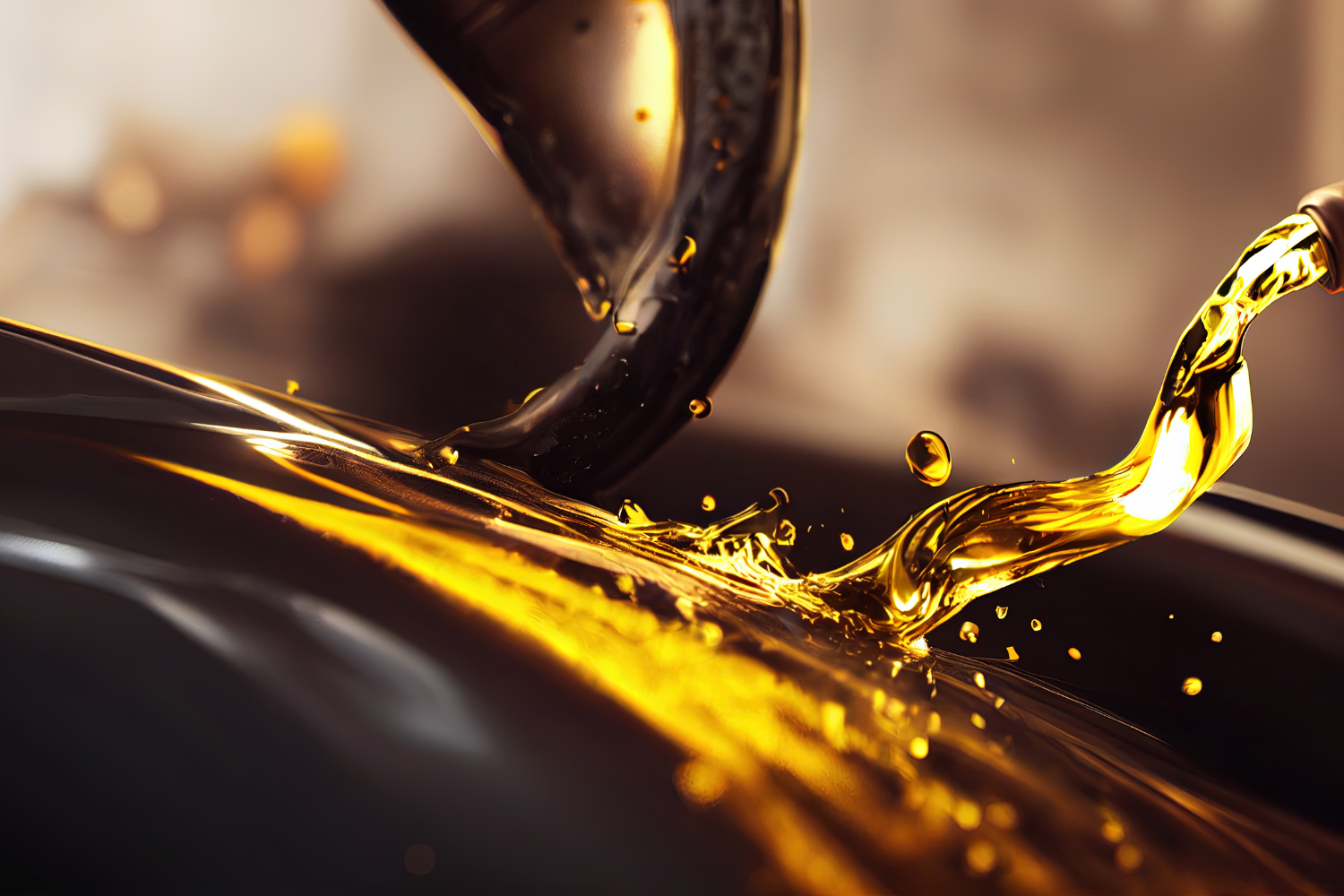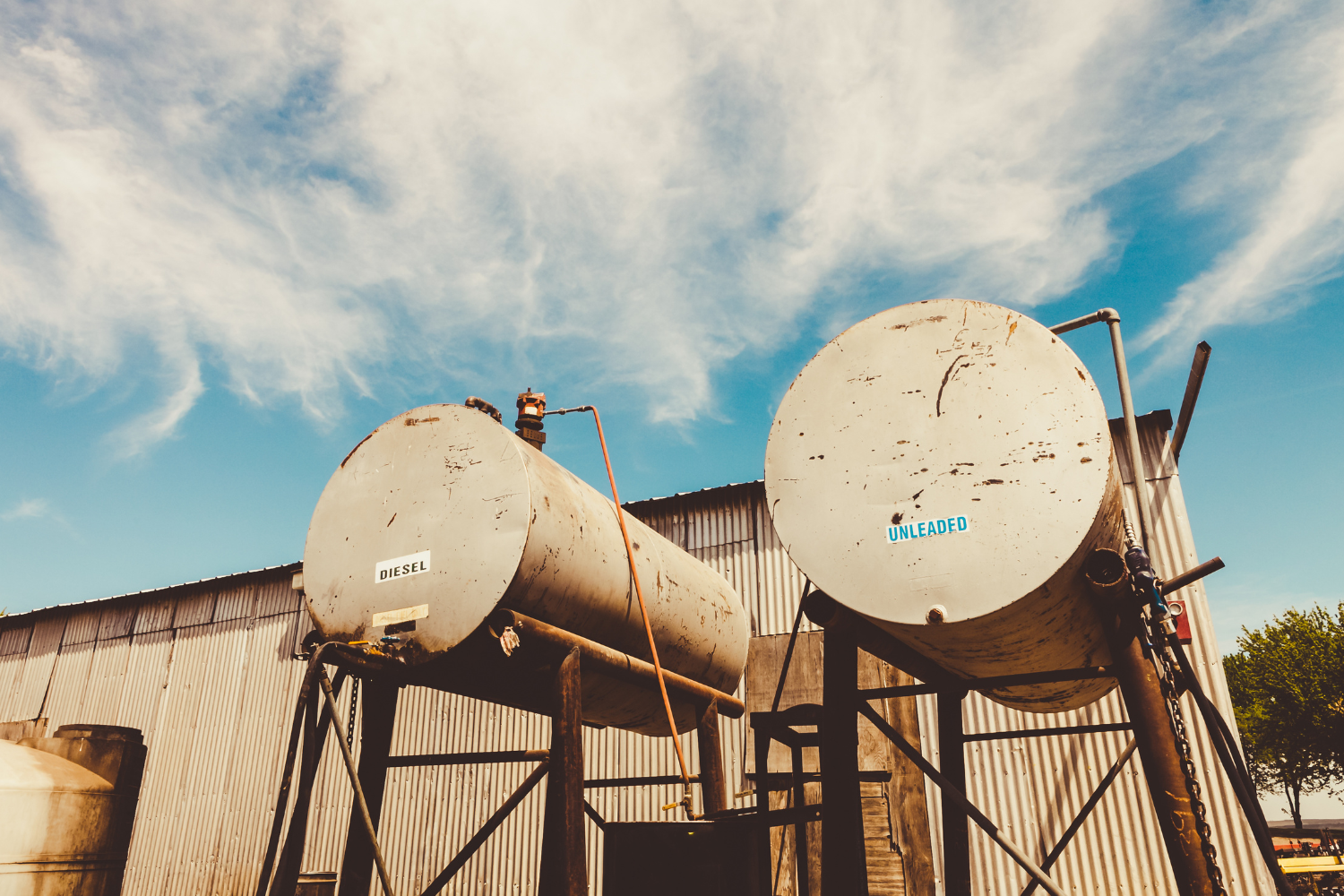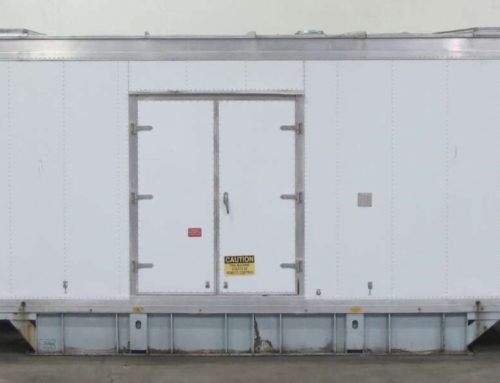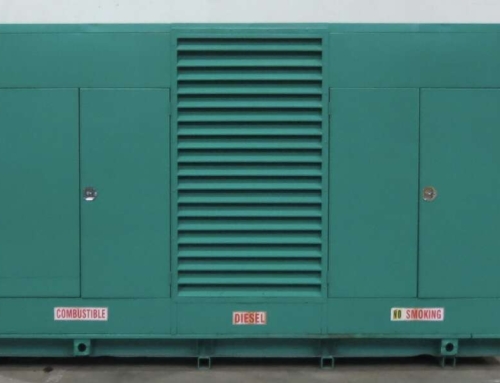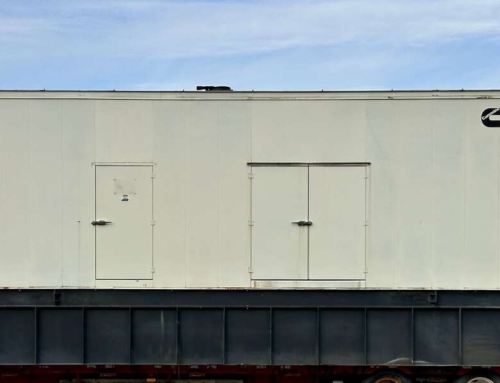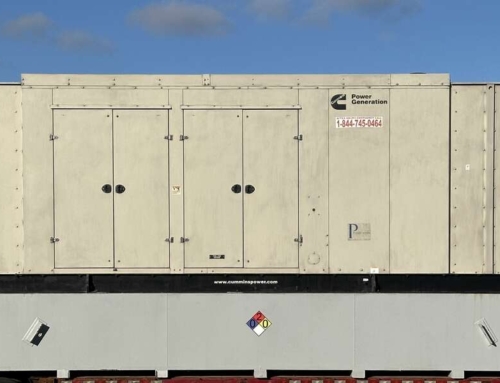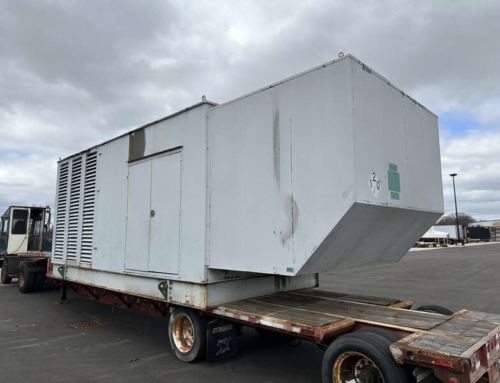The last thing you need during an extended power outage is to run out of diesel fuel or discover that your supply has been contaminated. So, storing fuel properly is essential to avoid any future disruptions.
But here’s the kicker: Diesel has a short shelf life, and storing it correctly can be tricky.
If you want to remain one step ahead, let’s dive into the nitty-gritty of diesel’s shelf life and list a few tips you can follow to extend it.
How Long Does Diesel Fuel Last?
The lifespan of diesel depends on several external and internal factors like it’s quality, how it’s being stored, the temperature conditions, etc. Typically, good quality diesel fuel lasts anywhere between 6-12 months when stored in a clean, optimal condition.
So, what are the “optimal” conditions for diesel storage?
In a nutshell, to store diesel for a long period, ensure the following;
- The tank is clean and waterproof.
- The fuel is treated with biocides and/or stabilizers.
- The temperature is not above 70 degrees Fahrenheit.
What Causes Diesel Fuel to Get Contaminated?
It takes very little for diesel fuel to get contaminated. Here are a few common reasons why this happens:
- Water Ingress: If the tank is leaking or not full, water gets inside it and mixes with the diesel. This causes the fuel to lose its efficiency. But over time, it also causes microbial growth and corrosion, spoiling its quality. Leakage in the tank also increases the chances of fuel oxidation, which is another reason it gets spoiled.
- Cross Contamination: When two different types of fuel get mixed, their efficiency is immensely reduced. This type of contamination is frequent and is caused by differences in chemical composition and properties.
- Microbial Growth: Foreign elements like water or dust particles lead to unhealthy microbial development in diesel. This means bacteria, fungi, and algae will start to thrive in the fuel and damage its quality. The damage is very apparent – thanks to the foul smell and dark, muddy color.
- Poor Storage Condition: Poor storage conditions with extreme temperature fluctuations or direct sunlight exposure can wreak havoc on the quality of diesel and often lead to fuel oxidation. Moreover, if the tank is not in great shape, the fuel will corrode over time and spoil.
- Improper Filtration: If the filter of your generator’s fuel tank is clogged, it will contaminate your fuel – indirectly. Sometimes, a clogged filter lets dust particles and other harmful contaminants pass through and contaminate the fuel, ruining its quality.
5 Tips to Increase the Shelf Life of Diesel Fuel
If you own a diesel generator, you will need to store high fuel volumes for the future. With a few precautions, you can increase the shelf life of diesel:
1. Clean the Tank
A clean tank translates to longer storage. So before you spill the diesel, wipe the fuel tank with a cloth to remove all the debris, rust, and dust. This will reduce the chances of contamination with toxic foreign particles and extend the life of your diesel fuel.
2. Keep the Tank Full
Leaving no room for condensation is a great way to eliminate any chance of corrosion and rusting due to water. The easiest way you can do this is by filling your fuel tank to the brim. This will prevent water droplets from forming and dripping inside the tank.
3. Ensure Proper Ventilation
The right temperature can significantly improve the shelf life of your diesel fuel. To achieve the optimal temperature, you must keep regulating it. For instance, prevent the tank from overheating by introducing ventilation in the facility. If you’re storing the fuel in a separate bottle, keep it in a cool, dark place away from direct sunlight.
4. Use Biocides
A biocide is a very effective chemical that prevents the formation of bacteria, fungus, etc., inside your diesel fuel tank. So, you can add biocides to your diesel tank to preserve it for a long time. You can also opt for synthetic diesel fuel stabilizers, which efficiently resist fuel oxidation and degradation.
Conduct a Regular Inspection
Finally, it all comes down to how regularly you check your diesel fuel for contamination. Frequently inspecting the fuel and tank for leaks, dirt, rust, water, etc., helps prevent many unforeseen issues that cause the fuel to degrade and lose its shelf life.
Go Get Your Diesel Generator Now! 90% of Products Failed; Don’t Let Yours.
Diesel requires a great deal of storage care. But, a few precautions can go a long way toward extending its shelf life. And if your business relies on diesel generators during power outages, these tips would feel like a small price to pay for such a crucial element of your business.
From now on, leverage these tips when storing your diesel fuel. Contact us on our website with any questions or if you’re looking to buy a new or used generator!
Common Questions About Diesel Fuel:
What is the average shelf life of diesel fuel?
On average, diesel fuel lasts anywhere from 6 to 12 months if preserved properly. However, despite the best storage conditions, it tends to degrade in quality over time.
How does diesel fuel quality affect generator performance?
The quality of your diesel fuel largely affects how your generator performs. For instance, poor-quality diesel fuel can damage the generator, reducing efficiency and increasing downtime.
What are the common signs of diesel fuel degradation?
It’s very easy to spot signs of deterioration in diesel fuel. For example, your diesel fuel has gone bad if it emits a foul odor, looks darker in color, and seems full of sediment and dust deposits.
Why does diesel degrade over time?
Many reasons cause diesel fuel to degrade over time. Some of the most prevalent causes include fuel oxidation, contamination, and hydrolysis.
How do you determine if the diesel fuel is still in usable condition?
A visual inspection mostly proves to be enough to understand whether the diesel is still usable or not. For example, if the diesel looks clear and sediment-free, it’s still usable. However, you can also use site-testing kits to minutely assess the quality of your diesel fuel.
Can I blend old and new diesel fuel to extend its shelf life?
In most situations, blending old and new diesel fuel can help dilute the effects of degradation. However, refilling the tank with fresh diesel fuel is still advisable if you identify signs of fuel degradation because of potential issues like cross-contamination.
What should I do if the diesel fuel in my storage tank has degraded?
If your diesel fuel has spoiled, immediately dispose of it and fill the tank with fresh fuel. You can also filter it to eliminate foreign particles and use the same fuel again.
What are some best practices for storing diesel fuel for a longer shelf life?
To extend the shelf life of diesel fuel, make it a point to store it in a clean tank. Other than that, ensure no water ingress, proper ventilation, and temperature control.

